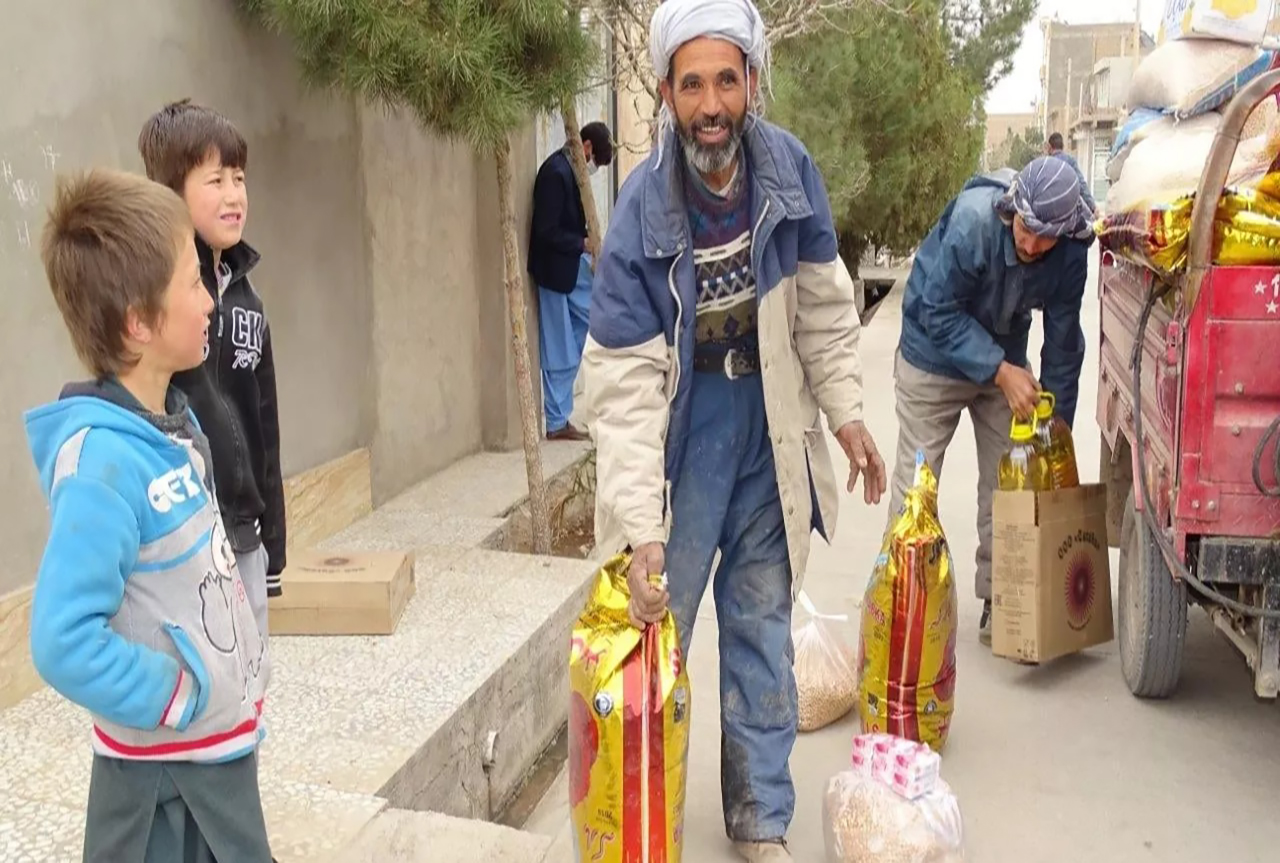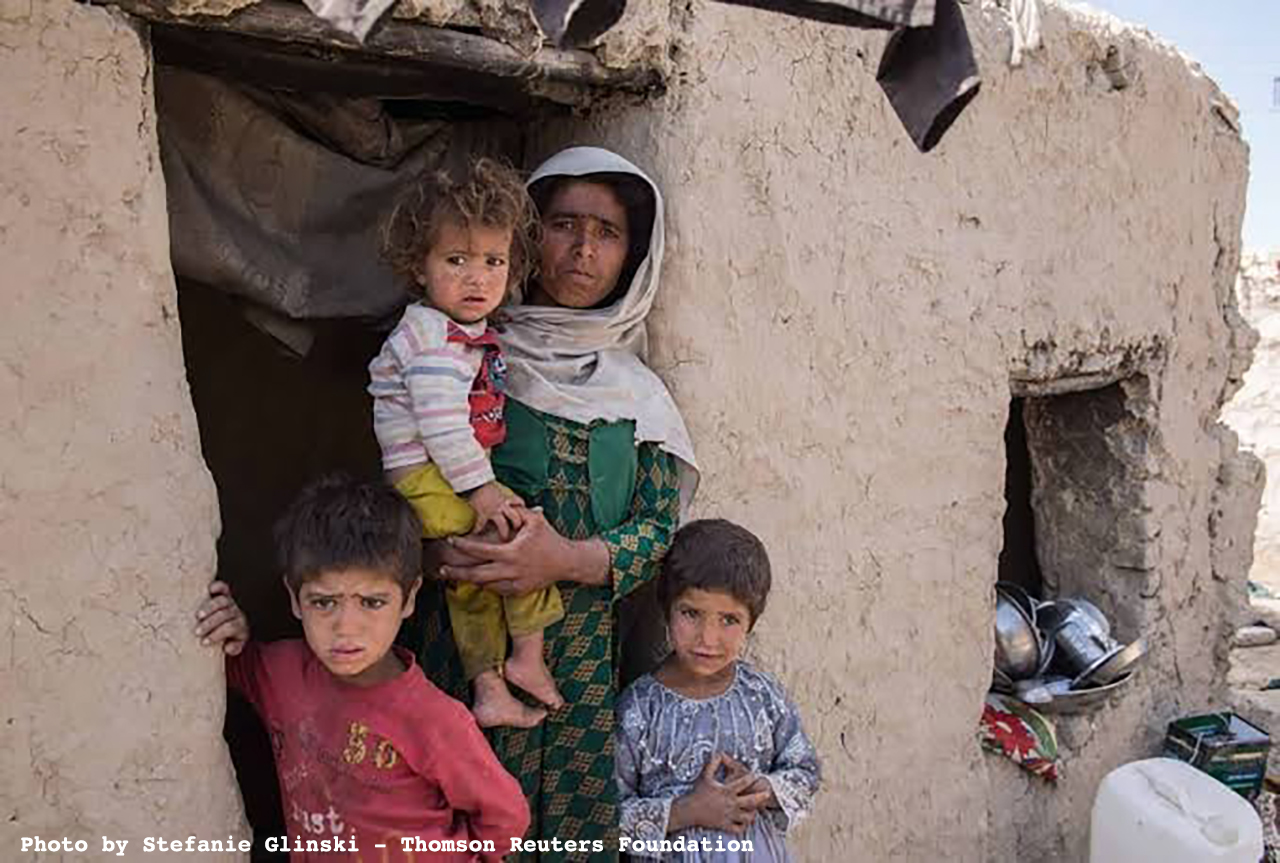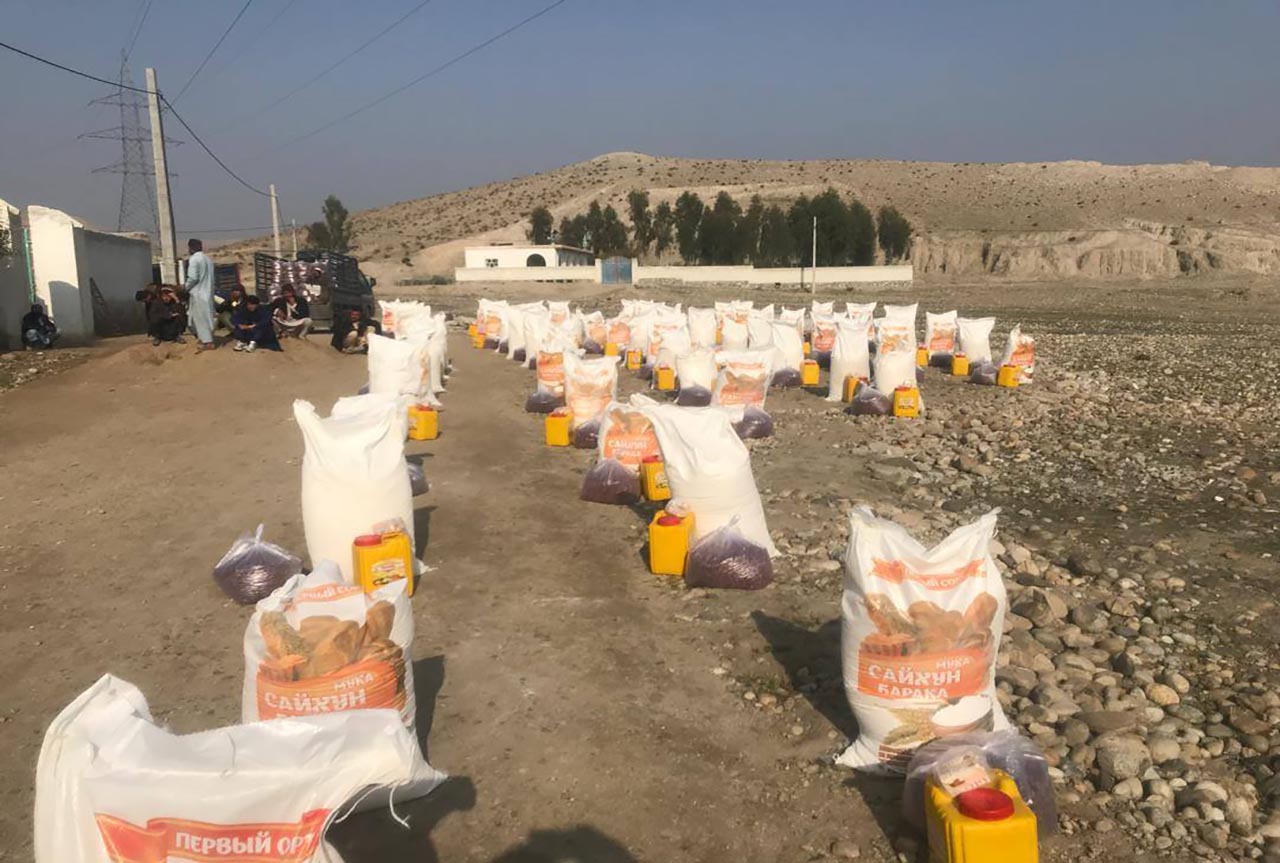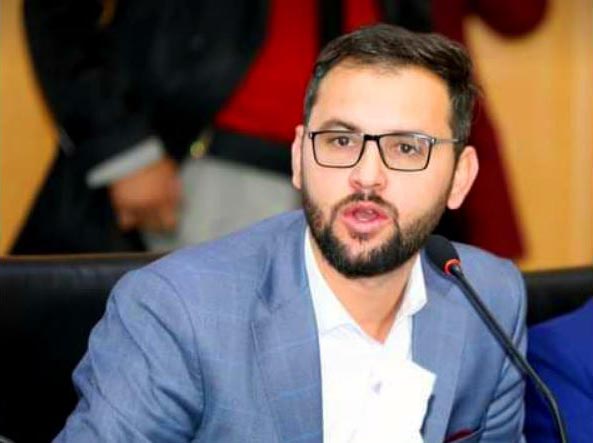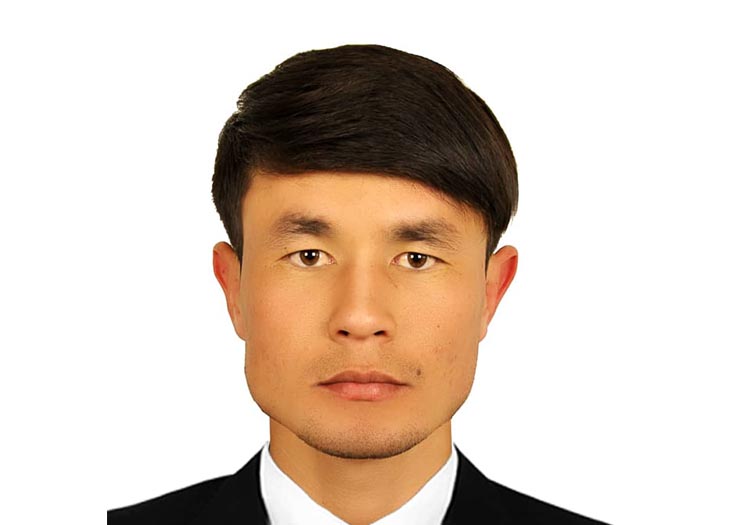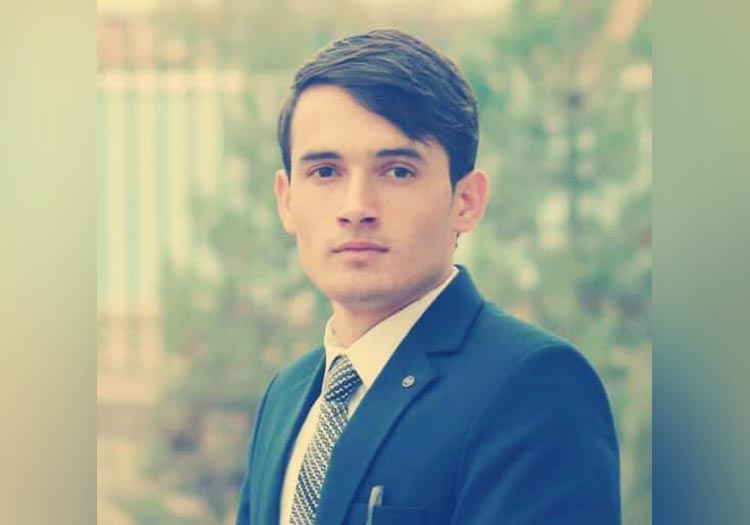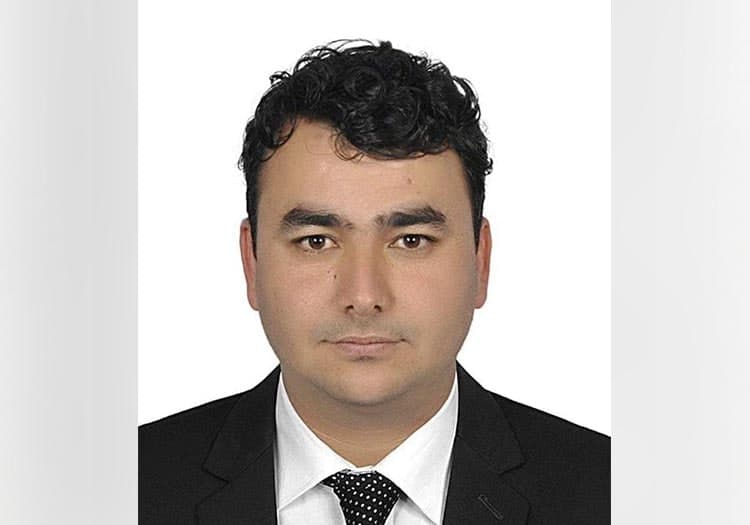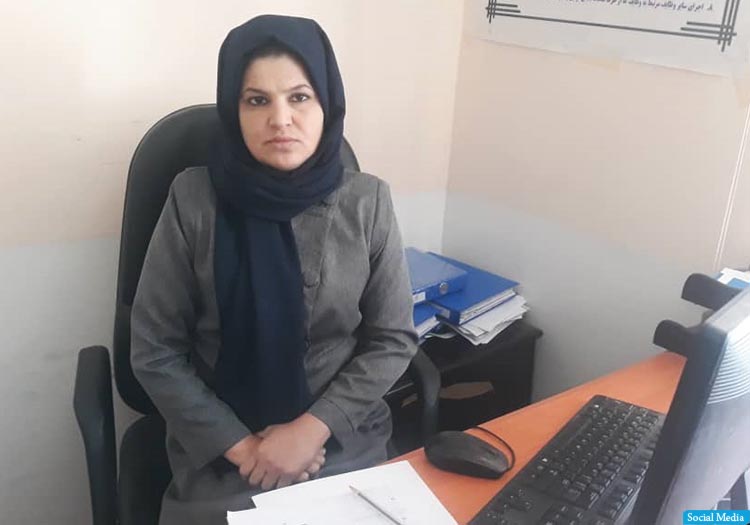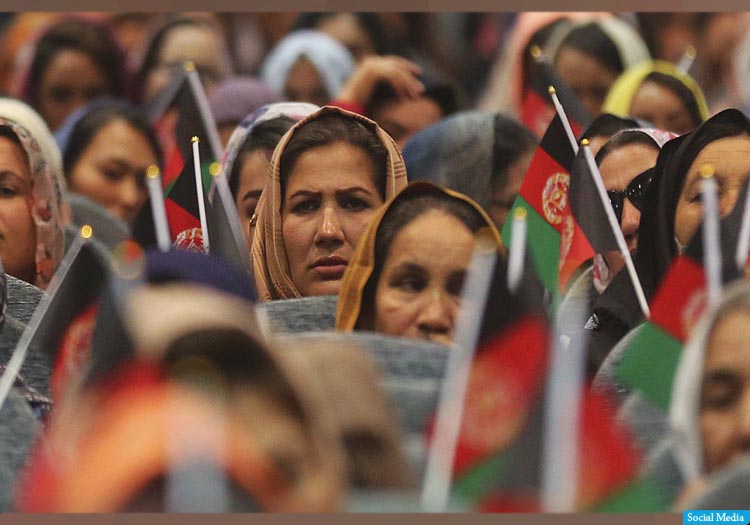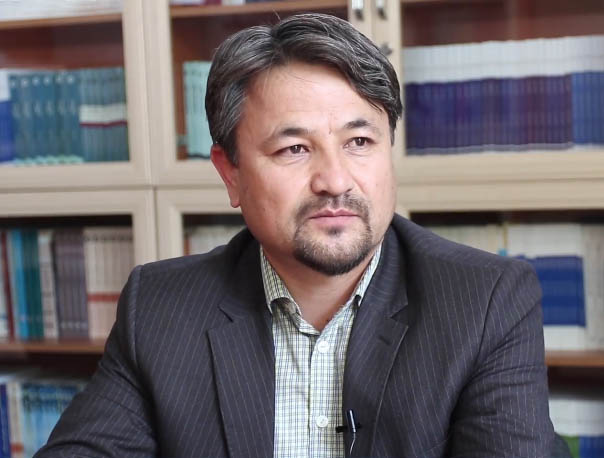Bi-weekly Situation Report
No. 3 (February 01, 2021 – February 15, 2021)
Civil Society and Human Rights Network Purpose: This bi-weekly report describes the updates and challenges related to the government’s relief response program, known as Dastarkhan-e-Meli, and health assistance in combating Covid-19 in Afghanistan.Time Coverage: The report covers all the measures undertaken from February 01 to February 15, 2021, by the government in Afghanistan concerning health and humanitarian assistance during the Covid-19 pandemic.Situation Overview: During this reporting period, several new challenges have marred the implementation of Dastarkhan-e-Meli program. In addition, new cases of systematic corruption have also been reported in Covid-19 related budget in certain provinces, which affected public access to health services during the pandemic. More new positive tests of Covid-19 have also been reported during the same period. Below are the challenges related to Dastarkhan-e-Meli and Covid-19 updates.Covid-19 New Update:During this period, the official report indicates several new positive tests, recoveries, and deaths. Due to a weak health system and mismanagement, however, more people prefer home-based treatment. As a result, it has made it difficult to track the exact numbers of positive cases. The chart below shows the official update of Covid-19 relate infection, death, and recoveries.Challenges and Financial Misuse: Ghor province:On February 05, 2021, the Covid-19 Hospital in the capital western Ghor province caught fire as a result of gas cylinder blast. All the medical equipment and documents in the Administrative office and drugstore were burnt altogether. CSHRN’s focal point was not given entrance into the hospital by CHA to observe the scene closely. CHA has the lead of Covid-19 Hospital in Ghor province.Two officials in Covid-19 Hospital in Ghor province have been referred to the Attorney General’s Office for misappropriation of Covid-19 response budget. This corruption scandal has not only cost the population in Ghor financially, but also in delayed access to Covid-19 related medical…
